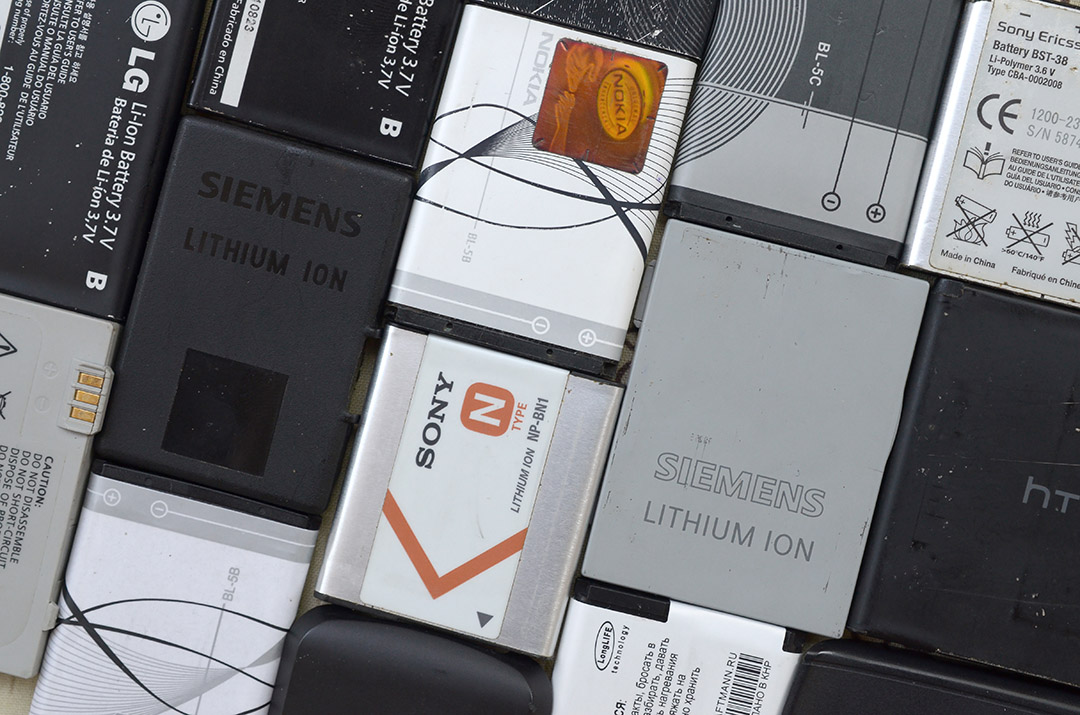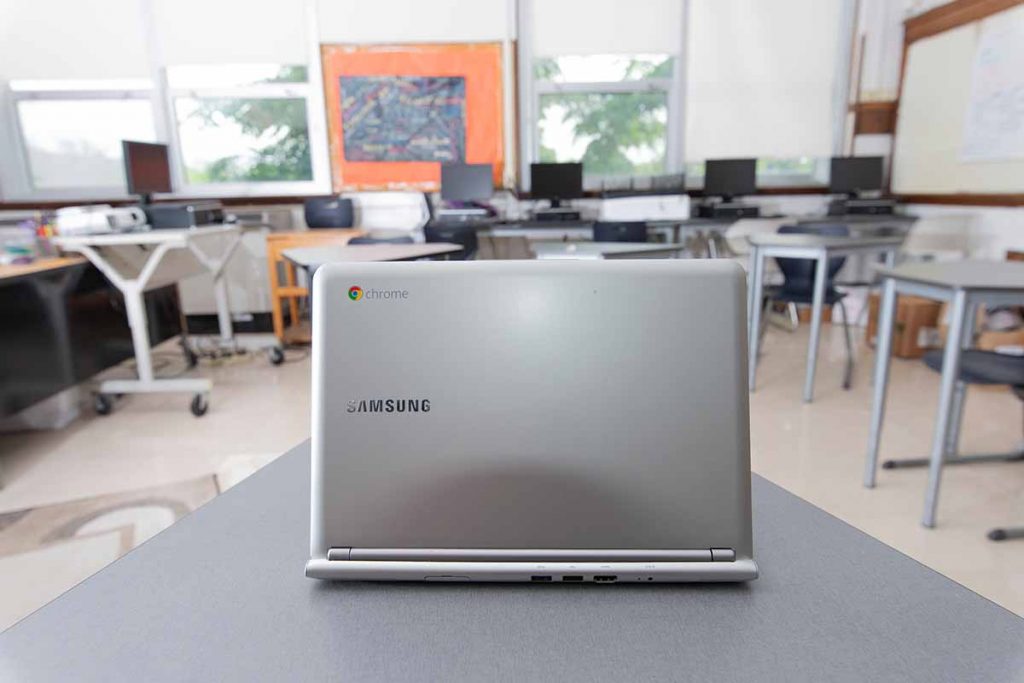
Frank Milia of IT Asset Management Group says businesses need to tighten their protocols for managing end-of-life assets. | Penofoto/Shutterstock
I was doing business development for an ITAD firm during the growth and early maturity phase of the industry. At that time, we were referring to the entire space as the “Wild West” because there were few to no e-waste regulations, certifications were emerging but scarce, and the customers in need of disposal services commonly were unaware of what legitimate options existed. Continue Reading



 The e-Trash Transparency Project from Basel Action Network has, once again, opened American and Chinese eyes to the horror show of America’s global electronic waste dumping.
The e-Trash Transparency Project from Basel Action Network has, once again, opened American and Chinese eyes to the horror show of America’s global electronic waste dumping. When we surveyed over 30 organizations for our Electronics Recycling Landscape Report last year with the Sustainability Consortium, the vast majority had negative things to say about the current state of U.S. e-scrap recycling programs.
When we surveyed over 30 organizations for our Electronics Recycling Landscape Report last year with the Sustainability Consortium, the vast majority had negative things to say about the current state of U.S. e-scrap recycling programs.




